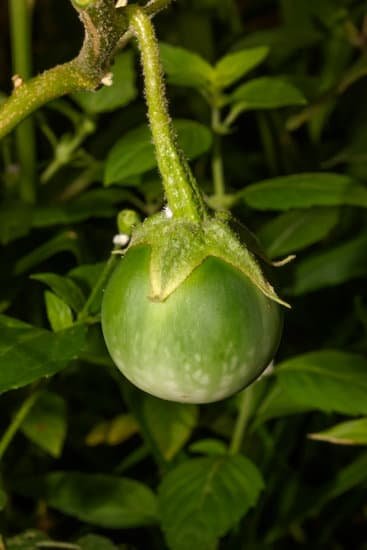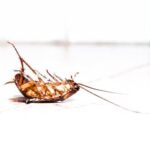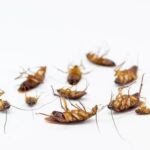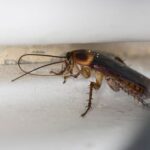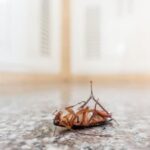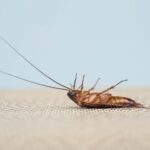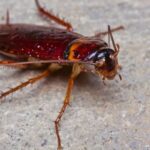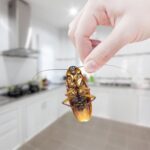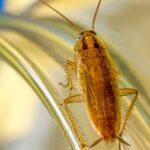How Cockroaches Affect Food
Cockroaches are known to carry a variety of bacteria, fungi, and parasites. While they are not active pathogens, they can contaminate food and dinnerware. It is impossible to know how many bacteria or toxins they may have left on your plate. This is why a thorough inspection of your kitchen and dining area is necessary.
One of the biggest concerns for restaurant owners and managers is employee and customer health. Infestations of cockroaches can cause significant increases in employee absenteeism and can lead to lawsuits and worker’s compensation claims. It is therefore important to find ways to control cockroach populations and ensure the safety of food and wares.
One of the easiest ways to prevent cockroaches from contaminating food is to eliminate their sources. Roaches can feed on sugar and carbohydrates. However, some of them are known to have a specific aversion to these substances. In addition to sugar, cockroaches will also chew through plastic wrappers and grocery bags. Food containers that are made from thick plastic or glass are not a suitable environment for cockroaches.
Cockroaches can harbour a large number of foodborne pathogens, including bacteria, fungi, viruses, and parasites. These microorganisms can contaminate food by excreting them or being transported on the cuticle of the cockroach. Cockroaches are also known to be an important mechanical transmitter of food-borne pathogens, and their presence in food handling areas suggests they may be a major contributor to food-borne diseases.
